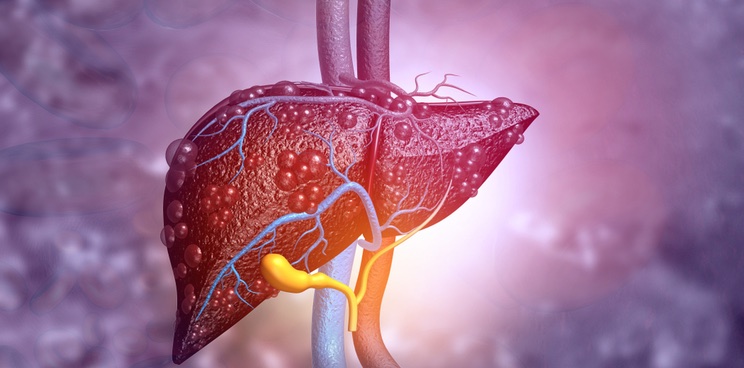The Dutch biotech NorthSea Therapeutics has raised a €36M ($40M) Series B round to fund the end of a phase IIb trial of its lead fatty acid drug to treat the liver condition NASH, as well as advancing two other drugs to clinical trials.
There were two newcomers to the round: the US investor venBio Partners, which led the round, and the US investor Sofinnova Investments. Existing investors that also contributed included Forbion, Novo Seeds, New Science Ventures and BioGeneration Ventures.
NorthSea will use part of the money to fund the completion of a phase IIb trial of its lead drug icosabutate in nonalcoholic steatohepatitis, or NASH. The trial is expected to finish in 2021.
Another part of the money will advance two additional drugs into clinical trials within the next 18 months. One is designed to treat dyslipidemia, a condition where patients have an abnormally high amount of cholesterol in the blood, which can lead to heightened risk for coronary artery disease. The other is a treatment for parenteral nutrition-associated liver disease, a condition caused when patients given liquid food through a drip due to serious illness get liver damage from disruptions in fat metabolism. The condition, also known as PNALD, has no approved treatments.
“Our aim was to raise enough capital to secure development until reaching proof of concept for all three pipeline projects,” NorthSea’s CEO, Rob de Ree, told me. “With the recent Series B raise, which was oversubscribed, we are now in an excellent position to develop a promising pipeline.”
NASH arises when fat builds up in the liver, often due to obesity and type 2 diabetes. The liver condition is a popular target for many biotech companies, as it is increasing in prevalence, and can lead to liver fibrosis and liver cancer. NorthSea’s NASH drug is a fat molecule engineered to activate many different cell proteins at the same time, also known as a structural engineered fatty acid, or SEFA. This is a different strategy to other companies such as Genfit, whose phase III-stage small molecule drug elafibranor is designed to act solely on proteins within the cell called peroxisome proliferator-activated receptors.
“The ability to simultaneously target diverse metabolic and inflammatory pathways in distinct cell populations is a unique attribute of SEFAs, making them highly suited to the treatment of NASH and fibrosis,” said de Ree.
Image from Shutterstock





